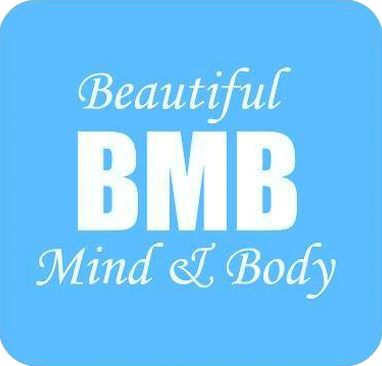BMB Medical (ACNE Clinic)
Teen Acne: A Skin Condition That Can Disrupt Academic Success
As a physician specializing in Acne Clinic for over 25 years, I have treated thousands of adolescents struggling with acne. While commonly dismissed as a “normal part of growing up,” acne can be a serious medical and psychological concern, particularly during the demanding years of academic preparation.
Acne is triggered by blocked pores and the overproduction of sebum, often exacerbated by hormonal fluctuations. It presents in various forms—blackheads, whiteheads, papules, pustules, cysts, and nodules—and when left untreated, can contribute to chronic stress, diminished concentration, and academic decline, especially in students preparing for college entrance exams.
Unmanaged Acne Can Leave Lasting Skin Damage
When inflammation is prolonged, acne can lead to
post-inflammatory erythema (redness), hyperpigmentation (brown spots), and permanent scarring. These marks are not just cosmetic—they reflect
dermal injury that can persist for years or even a lifetime. Early intervention is critical to minimize irreversible damage and improve skin recovery outcomes.
Acne’s Most Commonly Affected Areas
- Face
- Forehead
- Neck
- Chest
- Shoulders
- Upper Back
These are sebaceous-rich areas where pores are more likely to become clogged, particularly during puberty.
Understanding the Major Types of Acne
Fungal Acne (Malassezia Folliculitis)
- Caused by overgrowth of
Malassezia yeast in the hair follicles
- Often appears as small, itchy, uniform bumps
- Commonly mistaken for bacterial acne, but requires antifungal treatment
Cystic Acne
- Forms deep beneath the skin’s surface
- Filled with pus and often painful
- High potential for
severe scarring without proper medical management
Hormonal Acne
- Linked to fluctuations in androgens, stimulating excess oil production
- Often appears around the jawline and chin
- May persist into adulthood and
requires hormonal regulation for effective control
Nodular Acne
- Presents as hard, painful lumps deep in the skin
- Highly inflammatory and resistant to over-the-counter treatment
Requires
aggressive dermatologic intervention to prevent lasting scarring
The Psychological and Academic Toll of Acne
Chronic acne can significantly lower a teenager’s self-esteem, often leading to social withdrawal, anxiety, and disrupted concentration. In high-pressure academic settings, particularly during entrance exam preparation, the psychological burden of acne can severely impact performance, motivation, and interpersonal relationships.
Why Early Acne Treatment Is Essential
- Prevents long-term pigmentation and permanent scarring
- Reduces emotional distress and boosts confidence
- Supports improved academic performance through better self-image
- Creates a positive first impression in interviews and social settings
Don’t Wait—Start Treatment Early
While mild acne may resolve naturally,
moderate to severe acne rarely improves without targeted intervention. Delayed treatment increases the risk of deep scarring and prolonged psychological effects. If you or your teen is struggling with persistent or worsening acne, it’s time to consult a board-certified dermatologist.
BMB Medical (ACNE Clinic)
25 Years of Clinical Expertise in Acne and Skin Health
Consultation & Appointments: 323-965-9650
Clear skin is more than a cosmetic goal—it’s a key to confidence, health, and academic success. Begin your acne treatment journey today, and take back control of your skin and your future.

